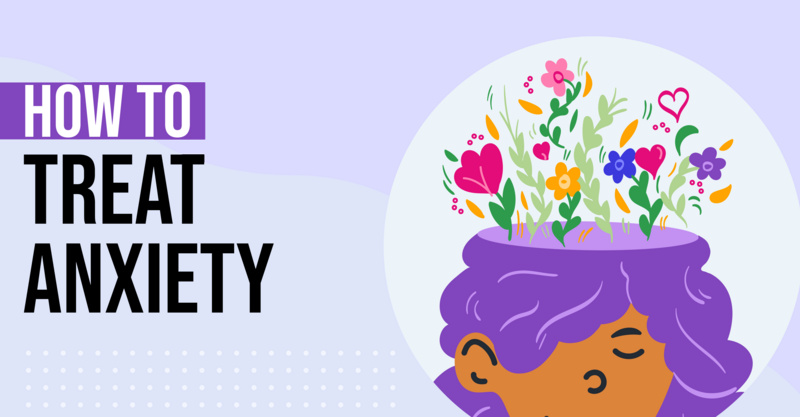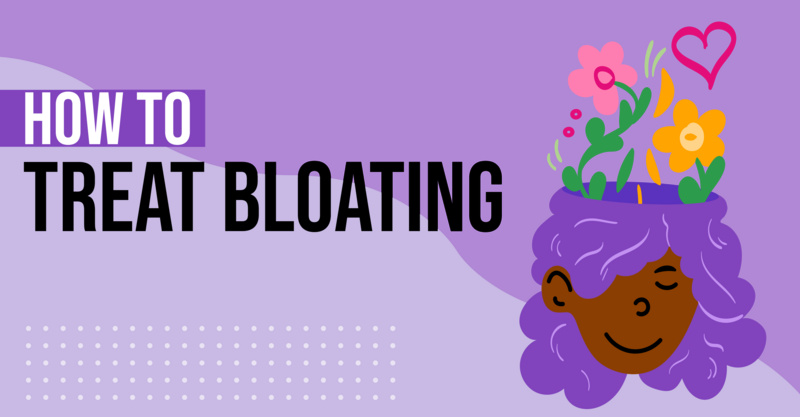Key Points
- The article identifies six main causes of snoring: sleep position, age, obesity, alcohol consumption, smoking, and sinus or throat issues.
- Sleeping on the back can cause the airway to collapse, leading to snoring; changing sleep positions or using special pillows may help.
- As people age, the throat may narrow and muscles weaken, increasing the likelihood of snoring.
- Weight gain, particularly in the face and neck, as well as alcohol and smoking, can contribute to snoring by putting pressure on or relaxing the throat muscles, respectively.
- Chronic sinus conditions, including sinusitis and nasal polyps, can interfere with breathing and increase snoring risk.
Top 6 Snoring Causes
1. Sleep posture
Certain sleeping positions can affect your nighttime breathing patterns. Sleeping on your back may collapse your airway, making you more likely to snore. Many people who snore find it helpful to change positions or to sleep on their side.[1] Propping up your bed or using special pillows can also keep your airway open while you sleep.
2. Increased age
As you get older, your throat may become narrower. The muscles in your throat can also weaken, making you more likely to snore.[2] Men often have especially narrow air passages, and older men are especially prone to snoring.[1][2]
3. Obesity
Weight gain in your face and neck can put pressure on your airway. Excess weight in this area can increase your risk of snoring.[1] If you're overweight, shedding a few pounds can help you stop snoring and sleep more soundly.[3]
4. Alcohol
Alcohol relaxes the muscles in your throat and increases your risk of snoring.[1] If you often drink in the evenings, you may be more likely to experience snoring. Most doctors recommend limiting alcohol before bed to allow for a deeper sleep.[3]
5. Smoking
Like alcohol, smoking relaxes your throat muscles and may cause snoring. Smoking narrows your airways and causes sinus inflammation, which can also contribute to snoring.[4] If you tend to snore, it can be helpful to stop smoking.
6. Sinus or throat problems
Many people who snore have problems with their sinuses or throat.[1] Sinusitis, nasal polyps, or other chronic sinus conditions can interfere with your breathing.[5][6] Over time, these conditions can increase your risk for snoring, but medical treatment can reduce inflammation and help clear your airways.
Possible Health Conditions Related to Snoring
1. Colds and flu
Viral infections like the common cold often cause nasal congestion. If you're sick with an upper respiratory infection, you may find yourself snoring.[1] Fortunately, snoring caused by a viral infection usually disappears once you feel better.
2. Chronic sinusitis
Chronic sinusitis causes inflammation in your nasal passages. This inflammation can sometimes make it difficult to breathe through your nose.[7] If you often feel congested at night, you may be more likely to snore.
There are many potential causes of chronic sinusitis, and some symptoms can persist even after treatment. If you have chronic sinusitis and struggle with snoring, your doctor may refer you to a specialist for further care. In some cases, you may need surgery to remove blockages in your sinuses.[8]
3. Seasonal allergies
If you're allergic to pollen, your symptoms may be worse during certain times of the year. Congestion caused by seasonal allergies often causes snoring or other unwelcome symptoms.[1] A doctor who specializes in treating allergies can help you explore your treatment options.
4. Sleep apnea
People with sleep apnea stop breathing during the night. This condition can cause problems with your blood pressure or heart rhythm. Sleep apnea is a potentially serious medical condition that may increase your risk of early death.[9] While snoring is a common symptom of sleep apnea, many people with sleep apnea experience no symptoms.
If you recently started snoring and you're not sure why, notify your doctor. Your doctor may recommend a sleep study to screen you for sleep apnea. Sleep apnea can often be treated with surgery or special devices that keep your airway open during the night.[3]
5. Deviated septum
Your septum is a structure that separates your nostrils and helps give your nose its shape. A septum is typically straight, but in some cases, it may be crooked or off-center. A deviated, or crooked, septum can block off one of your nasal passages. This can make it harder to breathe through your nose. If you have a deviated septum that's interfering with your breathing, surgery can help fix the problem.[6]
6. Nasal polyps
Nasal polyps are soft growths that can develop inside your sinuses. These growths are not cancerous, but they can cause inflammation and increase your risk of sinus infections. Nasal polyps can also block your breathing and cause snoring. Sinus surgery can help remove troublesome polyps.[7]
Questions: Questions Your Doctor May Ask About Snoring
- When did your symptoms begin?
- Do you often feel tired during the day?
- Do you suffer from dry mouth or dental problems?
- Do you often feel congested or have trouble breathing during the day?
- Have you been diagnosed with allergies or sinus problems?
- Have you recently been sick with a viral or bacterial infection?
- Do you smoke or chew tobacco?
- Do you drink? How much alcohol do you consume weekly?
- What medications are you currently taking?
Frequently asked questions
What are the main causes of snoring?
The main causes of snoring include sleep position, age, obesity, alcohol consumption, smoking, and sinus or throat issues.How does sleep position affect snoring?
Sleeping on your back can cause your airway to collapse, which can lead to snoring. Changing your sleep position or using special pillows can help keep your airway open.Can aging increase the likelihood of snoring?
Yes, as people age, their throat may become narrower and the muscles can weaken, which can increase the likelihood of snoring.How do obesity, alcohol, and smoking contribute to snoring?
Obesity, particularly weight gain in the face and neck, can put pressure on the airway and lead to snoring. Alcohol and smoking can relax the throat muscles, which can also contribute to snoring.Can sinus issues lead to snoring?
Yes, chronic sinus conditions, such as sinusitis and nasal polyps, can interfere with breathing and increase the risk of snoring.Are there any health conditions linked to snoring?
Yes, snoring can be linked to health conditions like colds and flu, chronic sinusitis, seasonal allergies, sleep apnea, deviated septum, and nasal polyps.What kind of questions might a doctor ask about my snoring?
A doctor may ask when your snoring symptoms began, if you feel tired during the day, and about your lifestyle habits, such as smoking and alcohol consumption.Can changing lifestyle habits reduce snoring?
Yes, reducing alcohol consumption and quitting smoking can help reduce snoring. Losing weight, if you're overweight, can also help.
Solv has strict sourcing guidelines and relies on peer-reviewed studies, academic research institutions, and medical associations. We avoid using tertiary references.









